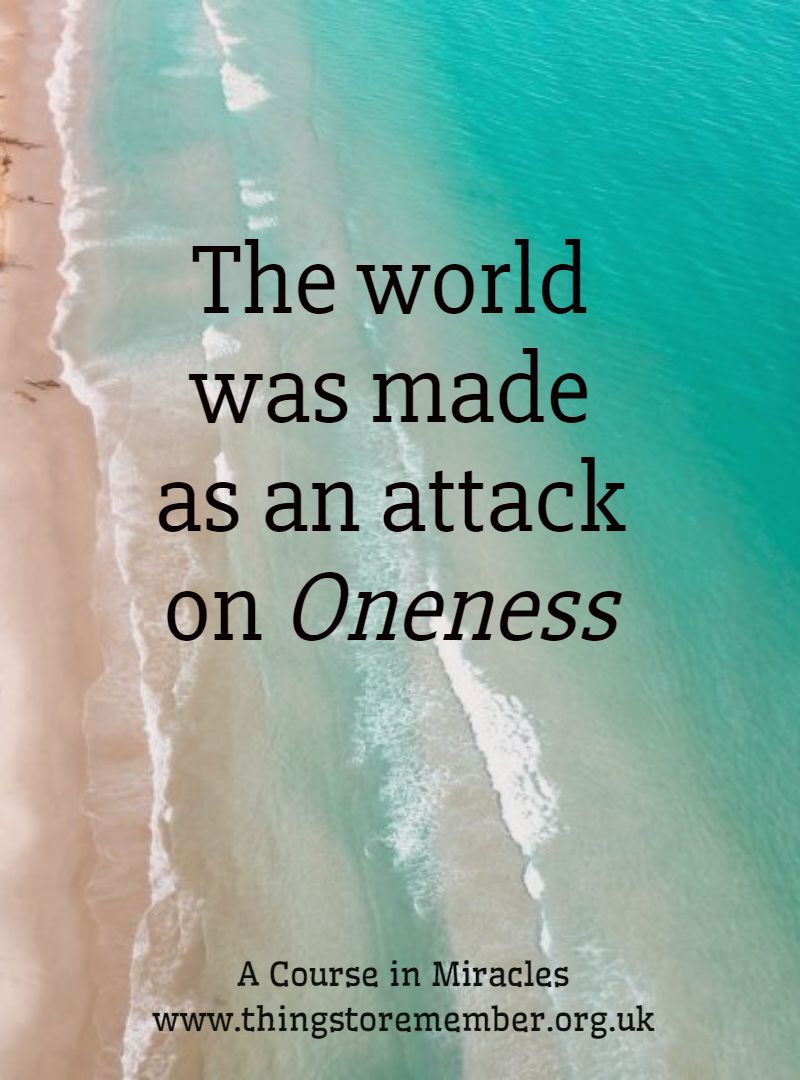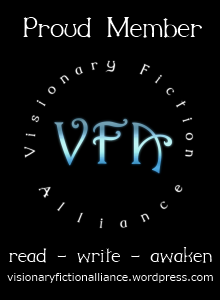|
A Course in Miracles uses religious-sounding language. For some Course students, words like 'Christ', 'forgiveness', or even 'miracle' may carry unhelpful associations. While the Course interprets these words differently from how they've come to be used in traditional Christianity, when we read them the likelihood is that we'll interpret them through the filter of our previous learning. That may make it harder for us to engage with the Course's teaching wholeheartedly and with an open mind.
It's important to remember that words are only symbols. They point beyond themselves. If I talk about the Holy Spirit, for example, and that doesn't resonate, translate it into language that does… Maybe 'Inner Guide' or, as Quakers might say, 'the promptings of love and truth in your heart'. One word which can often be a particular barrier is 'God'. I trust that "God is Love" (1 John 4:16 is, for me, one of the most beautiful Bible verses). Nevertheless, perhaps unconsciously, the word God still carries associations of a stern father figure. So, when I read the word God in the Course, to remind myself that this is not the judgmental (man-made) 'god' I may have heard about in the past, I add “…Who is Love”. For example, in Lesson 44, I read, "We cannot see truly apart from God, Who is Love." If my perception is clouded by thoughts of judgment or condemnation; if there's a lack of love, I'm not seeing truly. In the Course, some words are virtually synonymous... God is Love. (See Workbook Lesson 103, "God, being Love, is also happiness"; and Workbook Review V, "God is but Love, and therefore so am I."). God is also Oneness. (See, for example, Workbook Lesson 169 5:1-2: "Oneness is simply the idea God is. And in His Being, He encompasses all things."; and Text 27:VIII.6:2: "Into eternity, where all is one, there crept a tiny, mad idea, at which the Son of God remembered not to laugh".) Exchanging one word with its synonym sometimes helps me shed fresh light on what a 'tricky' passage may be saying. Take this one: "The world was made as an attack on God" (Workbook, Part II, 3.2:1 - 'What Is the World?' section). That's a dramatic statement, but I find it hard to get my head around. But if I read it as, "The world was made as an attack on Oneness", I'm still being authentic to its intended meaning (I think) - and it begins to make more sense. The world, with it myriad forms, witnesses to separation... and, of course, separation appears to deny Oneness. Here's another example, drawn from Lesson 51 of the Workbook: "I have judged everything I look upon, and it is this and only this I see. This is not vision. It is merely an illusion of reality, because my judgments have been made quite apart from reality". To say that 'my judgments have been made quite apart from reality', is to say they've been made apart from God (or apart from the 'Voice for God', which the Course uses interchangeably with 'Holy Spirit'). God is Love. If my judgments are made apart from God, they'll be lacking love. To quote from the new book I'm writing: "God, Who is Love, creates only like Himself. And what doesn’t arise from God can’t exist in reality. Thoughts that we’re separate, or sinful, or anything less than whole don’t come from God. If we accept that, those thoughts can’t be real. And what isn’t real can have no effect on reality. The world we perceive is built on meaningless thoughts of separation. But neither our thoughts nor their effects alter the truth of who we are, or make the slightest dent in God’s love." From time to time, I'll post some picture quotes, where I've replaced the original word used in the Course with its synonym. I'll also post them to my Pinterest site. In the quote below, the original is, "The world was made as an attack on God" (Workbook, Part II, 3.2:1 - 'What Is the World?' section).
0 Comments
Your comment will be posted after it is approved.
Leave a Reply. |
AuthorPeter Parr: Quaker, writer and former member of the British minigolf team. (Actually those are all just roles I play. Words can't describe who any of us really are.)
|


 RSS Feed
RSS Feed


